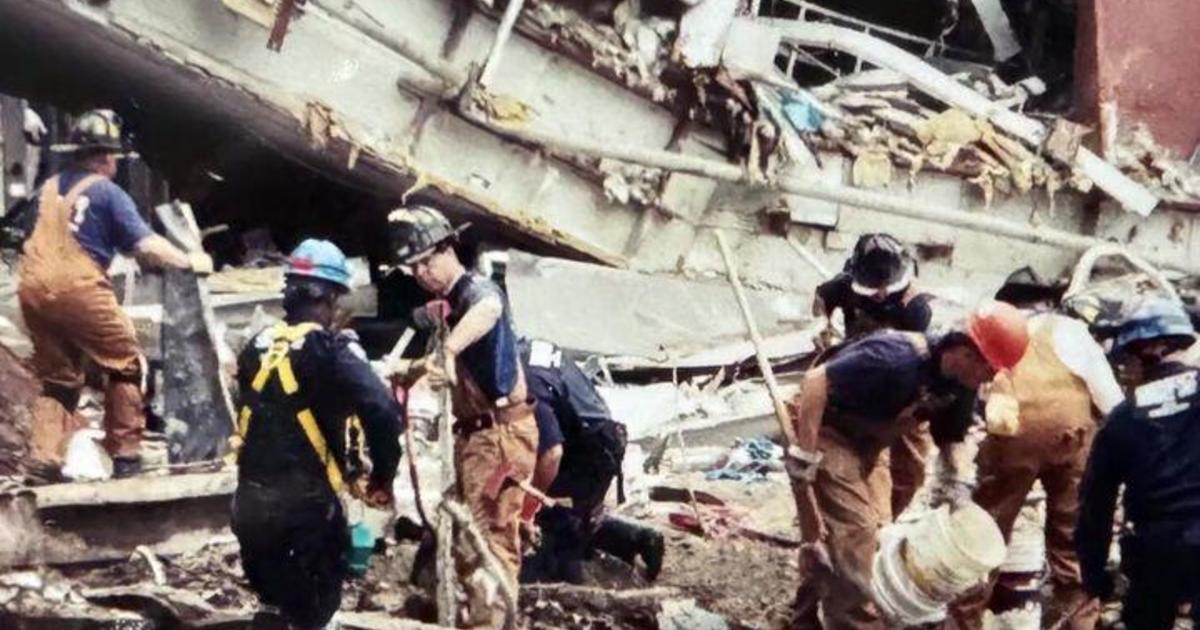The World Trade Center Health Program, established to provide health services to those affected by the September 11 terrorist attacks, is facing a critical funding shortage. Advocates are calling for an additional $3 billion in funding to ensure that essential health services can continue to be provided to first responders, volunteers, and residents who were exposed to toxic substances at ground zero.
The program, created by Congress in 2010 and reauthorized in 2015, was intended to be funded through 2090. However, outspoken advocate John Feal, who has tirelessly lobbied Washington for funding, warns that the program is running out of money. Without additional funding, essential health services may have to be cut, leaving thousands of individuals without the care they need.
Bridget Gormley, whose father, an FDNY member, died of 9/11-related cancer, has been actively lobbying Congress for more funding. She emphasizes the importance of ensuring that the necessary resources are available to support the health needs of those affected by the attacks.
Feal highlights the significant increase in program participants since its inception, with over 132,000 individuals currently enrolled. He points out that the initial funding allocation did not account for medical inflation or the growing number of individuals seeking care through the program. The $3 billion in additional funding is crucial to meet the increasing demand for services and support the ongoing health needs of program participants.
Rich Palmer, a retired Department of Correction warden, underscores the prevalence of cancer among program participants and emphasizes the urgency of securing additional funding. He notes that many individuals are now experiencing the long-term health effects of their exposure to toxic substances at ground zero, including a rise in cancer diagnoses.
If Congress fails to approve the additional funding by 2028, medical treatments may be at risk of being cut, leaving many individuals without access to critical healthcare services. The consequences of inadequate funding could be devastating for those who rely on the World Trade Center Health Program for their ongoing medical needs.
Emergency services workers, such as Mike Negron, a retired New York City Department of Correction Emergency Services Unit worker, have been profoundly impacted by the health effects of their exposure to toxic substances at ground zero. Negron reflects on the loss of colleagues and the increasing number of names added to the Responder Memorial Park, a somber reminder of the toll that 9/11-related illnesses have taken on first responders.
Negron emphasizes the importance of lawmakers understanding the urgency of the situation and taking action to secure the necessary funding for the program. He urges policymakers to visit the park and witness the names of those who have succumbed to 9/11-related illnesses, hoping that it will inspire them to prioritize funding for the program.
The program not only addresses cancer diagnoses but also provides support for mental health conditions, such as PTSD, which many first responders continue to struggle with. Negron shares his personal experience of battling PTSD and the daily challenges he faces as a result of his exposure to traumatic events at ground zero.
Twenty-three years after the attacks, more people exposed to the toxic dust cloud have died of cancer and other diseases than in the attack itself. The Responder Memorial Park serves as a poignant tribute to those who have lost their lives to 9/11-related illnesses, with over 2,000 names already inscribed on its walls.
Phil Rizzo, a retired ESU worker battling head and neck cancer, underscores the importance of additional funding for the program and the need for a swift resolution to ensure that first responders receive the care and support they deserve. Rizzo’s determination to overcome his illness reflects the resilience and courage of those who continue to fight for their health in the face of adversity.
As advocates and program participants continue to push for additional funding, the urgency of the situation is clear. The World Trade Center Health Program plays a vital role in providing essential healthcare services to those affected by the attacks, and securing the necessary funding is crucial to ensuring that their ongoing medical needs are met. The voices of advocates like Feal, Gormley, Negron, and Rizzo serve as a powerful reminder of the sacrifices made by first responders and the urgent need to support their health and well-being.









